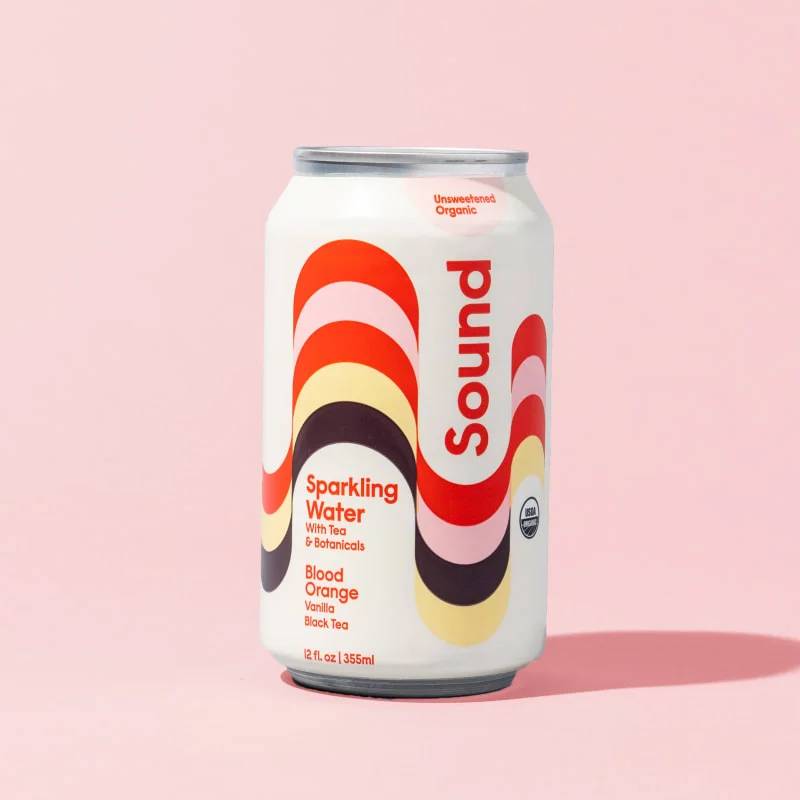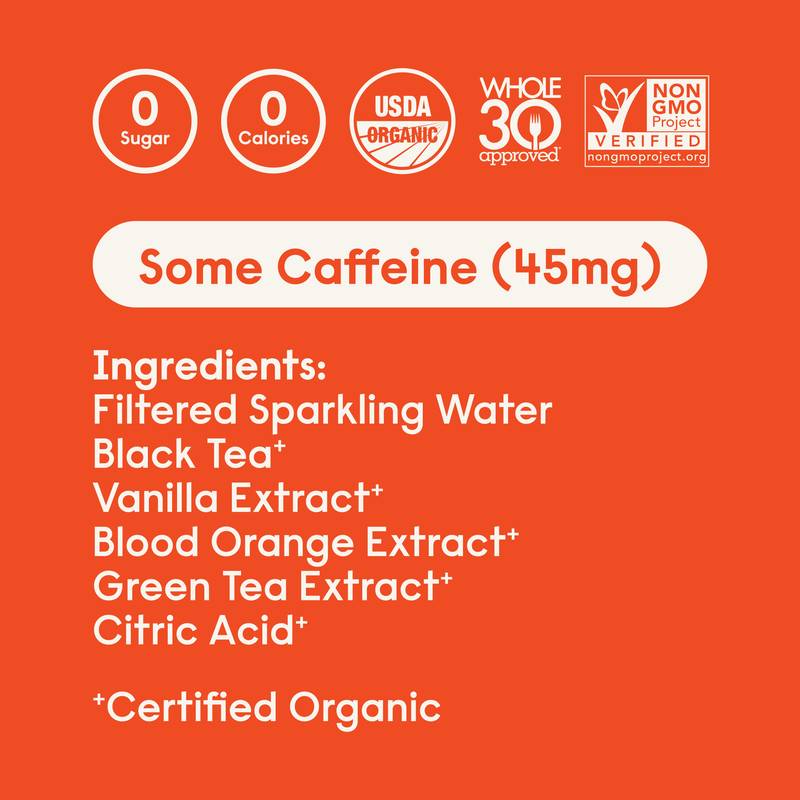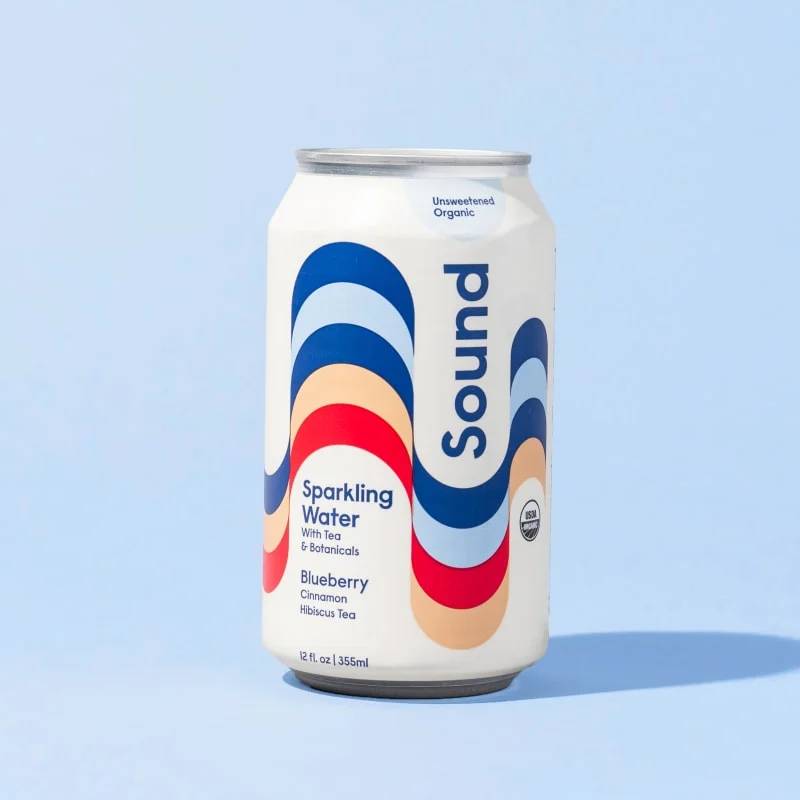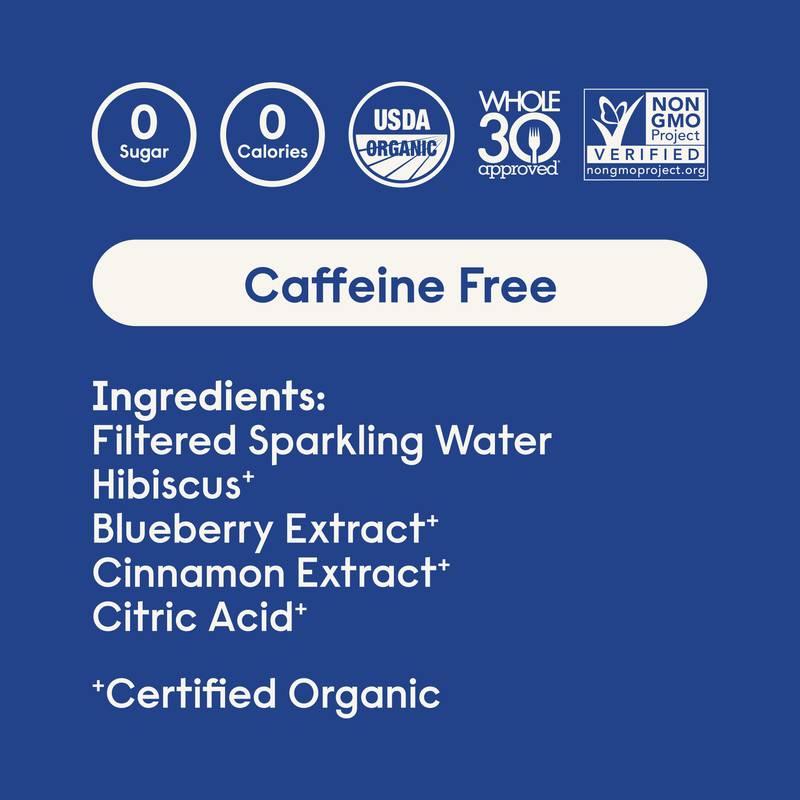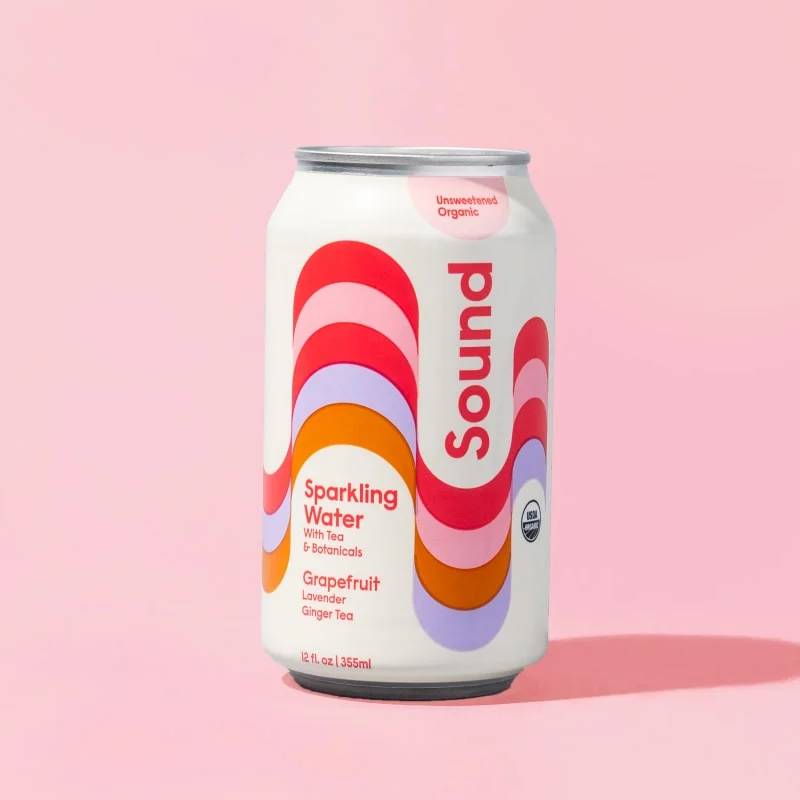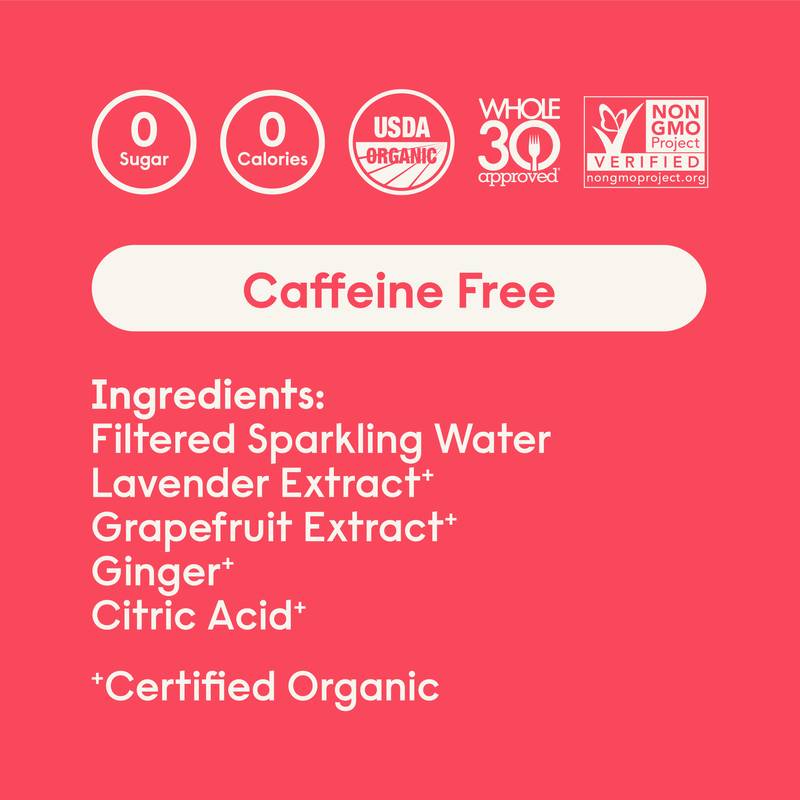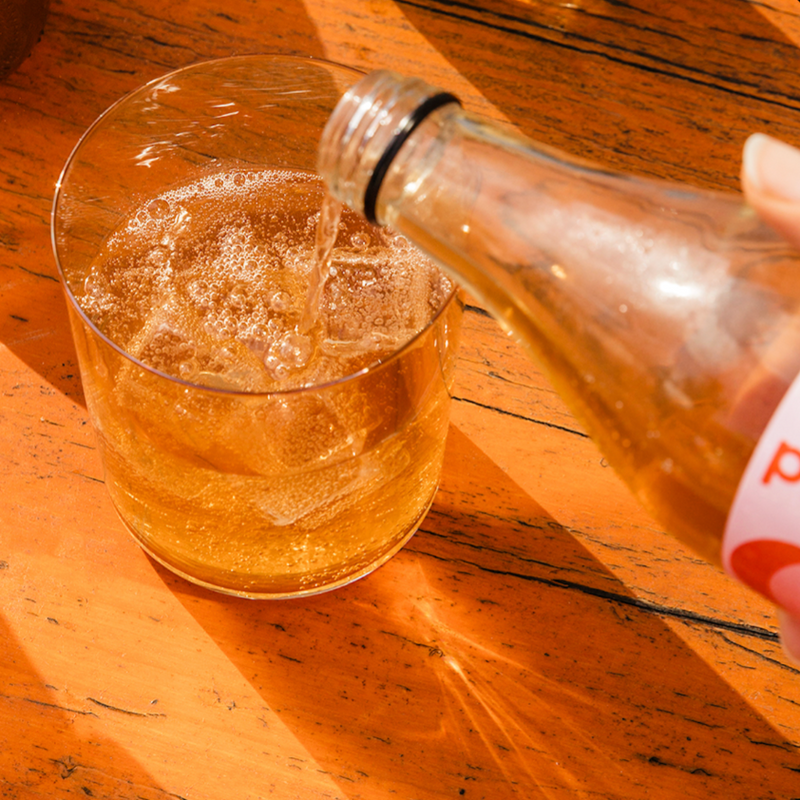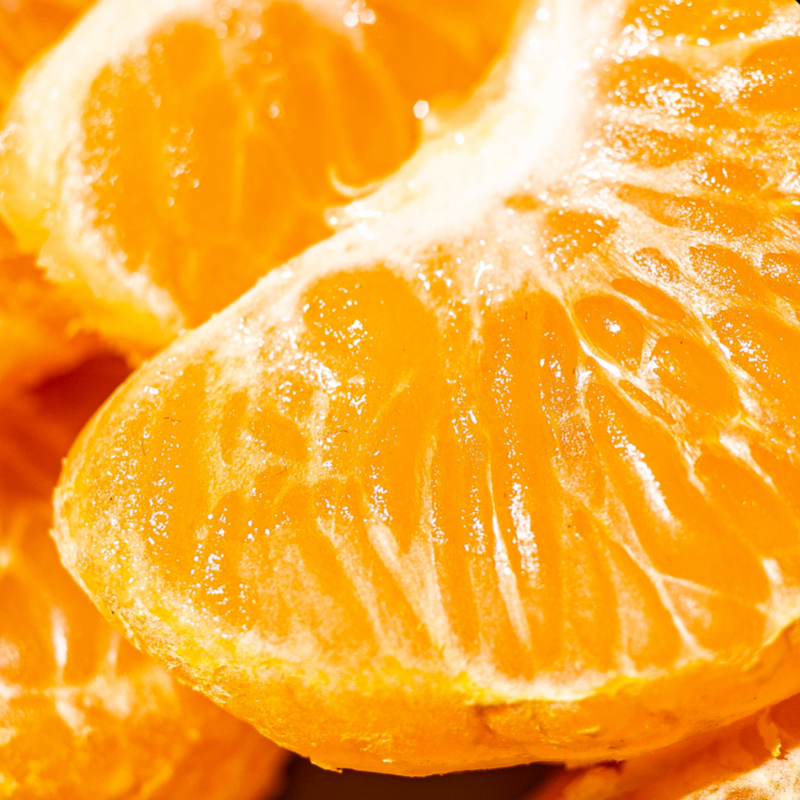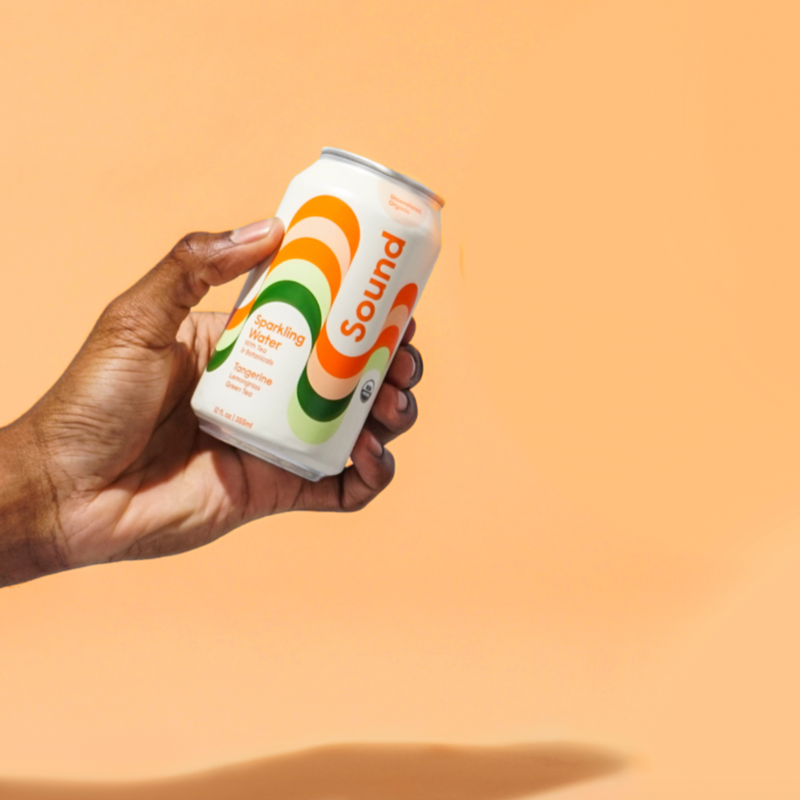Allulose is one of the newest sugar substitutes on the market these days, popping up in all kinds of "low sugar", "keto-friendly" products, so we were curious: what does the research say? Is really any better than the others.
In general, there is a pretty big question mark when it comes to sugar substitutes. Some, like xylitol, can cause gas and bloating. Others, like aspartame, have been linked to negative changes within our gut microbiome; because the health of our gut is so closely linked to everything from immunity to mental health, this is a very worthwhile point.
The goal of using sugar substitutes in place of sugar is to lower the calories in your favorite foods, creating an environment that supports weight loss or healthy weight maintenance. However, research is conflicting on whether that truly is the case. Some studies show that consuming high intensity sweeteners (HIS) does not promote weight loss, while others show that they do. Some studies find that HIS can actually make you crave more sugary foods, while others don't support that.
So that leaves us with the big question: is allulose any different?
Allulose is a rare sugar and low-calorie sweetener that is said by some to taste the most like sugar compared to other alternatives. It apparently was first found in wheat and since has also been found in fruits like figs and raisins.
However, we've learned that although allulose is naturally found in these fruits, much of the allulose in today's packaged food is from corn (& corn is typically genetically modified).
Based on our research, it appears there may be some benefit to choosing allulose if you are looking for a sweetener alternative. Here are the deets as to why 👇
- Studies have found that it can lower post-meal glucose (or blood sugar) levels, so it doesn't seem to have that negative impact on blood sugar that some other sweeteners can have.
- Allulose is not fermented by the bacteria in our gut, like the sugar alcohols (i.e., xylitol, erythritol) are. This means it doesn't seem to have that risk of gas and bloating that the sugar alcohols can have.
All that said, our feeling is this: it's likely fine for many to have allulose in moderation but not something that we want to overdo. The verdict is still out on health consequences of these sweeteners and what we're generally finding is it's best to consume them on an "on occasion" basis. Listen to your body and do your best to stick with as much whole, real foods as much as possible.

